Can farming and food production support the planet?
In a world grappling with environmental challenges and the need for sustainable practices, the question arises: Can farming and food production be part of the solution to supporting the planet?
6 minutes to read
In this year’s Rural Report, experts and leaders in the field share their perspectives on the critical role agriculture can play in restoring nature, curbing climate change and ensuring a healthier, more sustainable future.
Download The Rural Report 2023/24
The Farmers - Neil and Susanna Harley
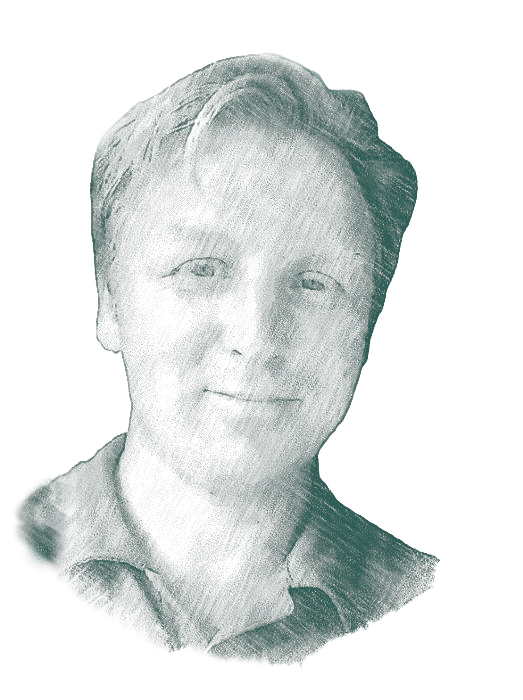
"[We] came across the term 'regenerative' in relation to agriculture about eight or nine years ago, and for the first time, what we were doing started to make sense," say Neil and Susanna Harley.
The pair manage over 8,600 acres of land in Wiltshire and Shropshire, producing organic pasture-fed beef. They emphasise the need to align farming practices with natural systems that have evolved over millions of years.
Neil says: "We are riding roughshod over natural systems and continually degrading them... We simply have to change the way we farm to be more in line with the systems that have developed naturally."
By integrating well-managed livestock, reducing carbon-intensive inputs and focusing on arable crops for human consumption, they envision a path to restore the environment while producing nutritious food. "We need healthy soil, producing healthy food and a healthy ecosystem," he adds.
The Environmentalist - Ben Goldsmith
Ben Goldsmith, CEO of Menhaden Capital Management and a former non-executive director at Defra, advocates for the restoration of wood pastures and natural ecosystems.
Goldsmith believes in the importance of collaborating with farming communities and integrating native horned cattle to create rich landscapes that support abundant wildlife alongside food production.
Speaking of his experience at Cannwood in Somerset, where he is working to restore Selwood Forest, he explains, "Families that have farmed these landscapes for generations are best placed to lead them.
"We have ripped out our fencing and replaced sheep with free-roaming Longhorns. Wood pasture, now so rare, is one of the most vibrant ecosystems we have.
"These landscapes, now so few and far between in Britain, play host to an extraordinary array and abundance of wildlife."
The Scottish Landowner - Paul Lister
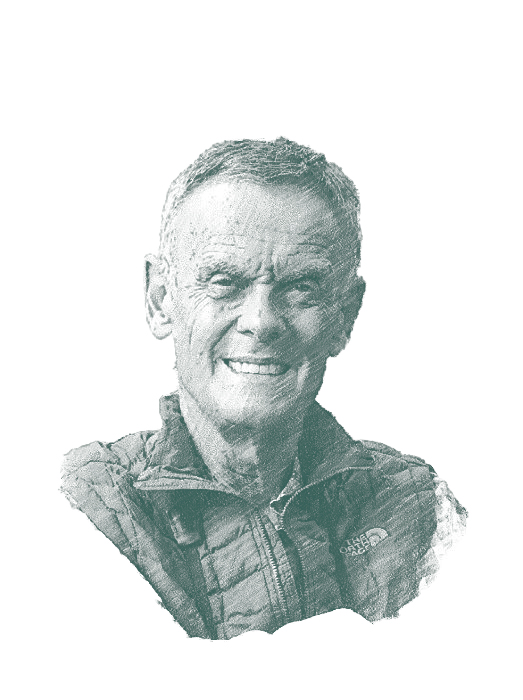
Paul Lister, the owner of the Alladale Wilderness Reserve, envisions a future where nature and local communities work together. His ambition is to release wolves into the reserve to manage red deer numbers and create a new rural nature-based economy.
"We have been part of the Scottish wildcat breeding programme and released red squirrels to inhabit the woods," says Lister, highlighting the importance of preserving and nurturing local biodiversity.
"Although most of my work focuses on countering the damage people have done to the environment, and overpopulation has surely played a huge role in that, I strongly believe nature and local communities can work together to create a 'living landscape' and ultimately a better planet."
The Rural Consultant - Sally Britton

Sally Britton, part of Knight Frank's Rural Consultancy team, believes that many farmers and estate owners want to make a positive impact but may not be aware of the financial incentives available to them.
She encourages them to explore the potential of these programmes to enhance their businesses while contributing to environmental restoration.
"We are consistently finding... that they are not making the most of the current opportunities to access such schemes," says Britton.
Recent reviews by her Agri-Consultancy team have resulted in substantial increases in annual management payments and access to capital grants for clients, supporting both business profitability and environmental sustainability.
"Now is the time to act if you want to access agri-environmental schemes and capital grant funding," she adds.
The Benchmarker – Anna Collins
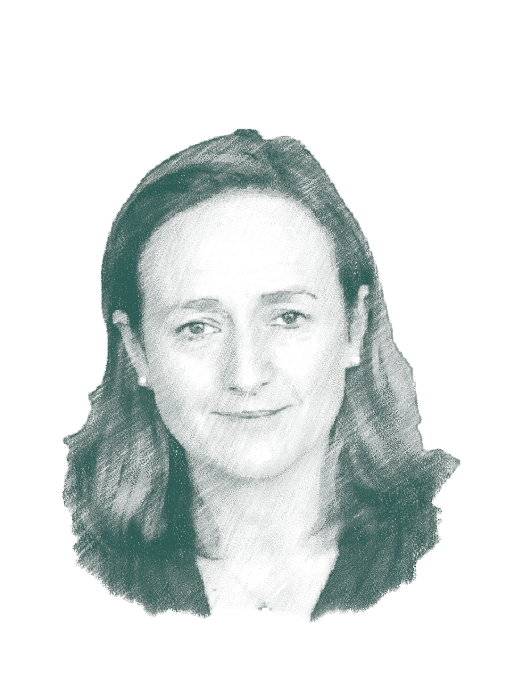
Anna Collins, a partner in Knight Frank's Midlands Rural Consultancy office, discusses the importance of benchmarking in assessing the performance of land-based businesses.
Collins stresses the need for collaboration and consistent metrics to drive positive change and deliver environmental and climate benefits at both local and regional levels.
She explains: "Benchmarking will be a valuable tool; critical to measure improvement in an individual business’s own performance [and] for communicating with, and demonstrating accountability to, external stakeholders."
The Journalist - Anna Jones
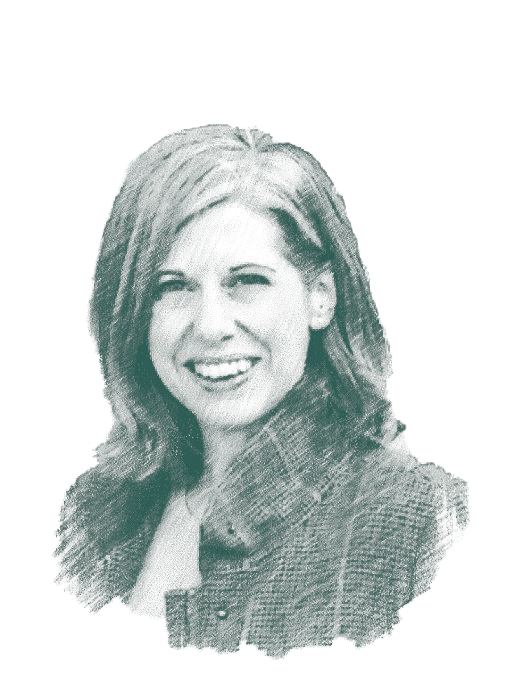
Anna Jones, a farmer's daughter and journalist, reflects on the division between urban and rural perspectives on environmental issues.
She encourages mutual understanding and cooperation to address chronic problems in the food system and the environment.
"We should respect our differences, recognise each other's strengths, and work together to heal the land," says Jones, who founded Just Farmers to bridge the gap between farmers and the media.
"Without learning to accept and respect our social, cultural and political differences as town or country people, we will never solve the chronic problems in our food system and the environment."
The Home Builder - Neil Sherreard
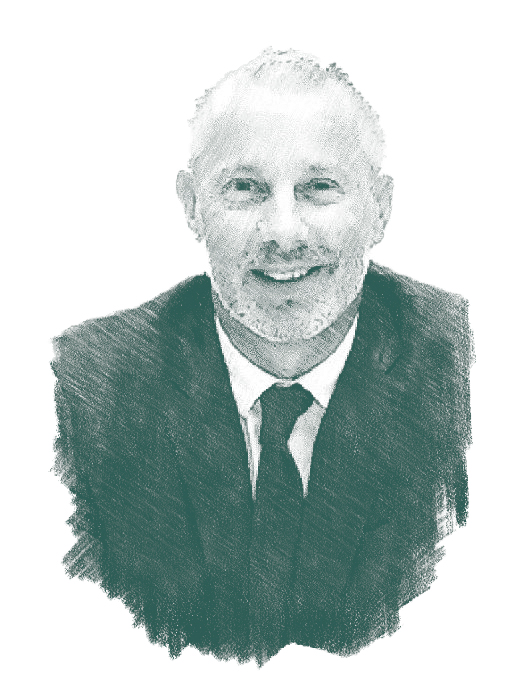
Neil Sherreard, Deputy Chairman of construction firm Beard, highlights their commitment to sustainability through investments in UK forestry for carbon sequestration.
He believes that businesses should play a role in environmental stewardship, benefiting both the planet and local communities.
"As part of our carbon neutrality programme, we have made a significant investment in UK forestry and bought 194 acres of stunning woodland near Bristol," says Sherreard.
"Maintaining and developing this landscape will allow us to use carbon sequestration to help offset our residual emissions."
Beard aims to achieve net-zero well before the UN's target year of 2050, adding, their "commitment to sustainability has matured into a pledge."
The Land Steward - Matthew Morris
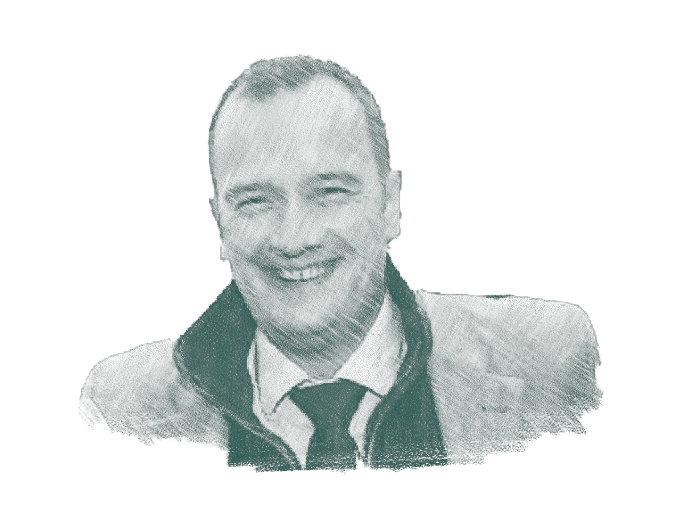
Matthew Morris, Rural Director for the Duchy of Cornwall, discusses their vision of sustainable stewardship. Through their Future Farming initiative, they collaborate with farmers to promote regenerative practices and aim for a net-zero future.
"Across our rural estate, we are working with our farmers to ensure that we manage land in a sustainable and nature-friendly way," says Morris, while stressing the importance of minimising the impact of their business on the planet.
"Sea level rise will impact everything from transport links to critical infrastructure such as water. We are working with partner agencies to look at what measures we take and when."
The Investor - Carl Atkin-House
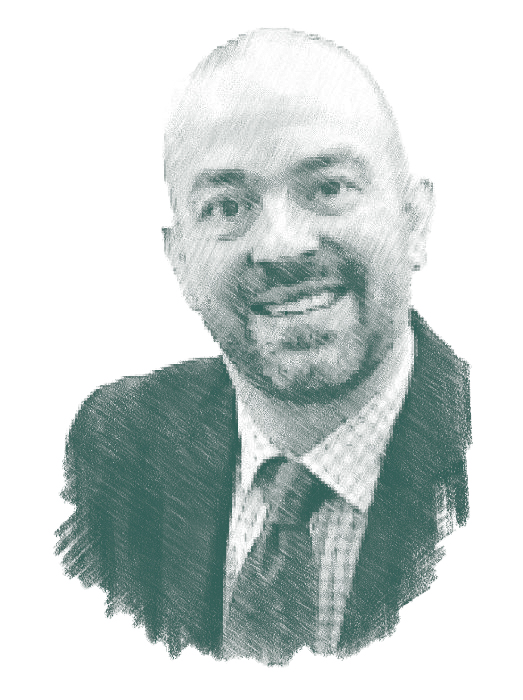
Carl Atkin-House, Senior Investment Manager at Climate Asset Management, believes there is an urgent need for restorative and regenerative approaches to agricultural production.
He believes that simply being sustainable is no longer enough and that investments should focus on reversing the damage caused by past practices to build resilient food systems.
"Delivering resilient agrifood systems that are net zero and contribute to a nature-positive transition is at the heart of our investment philosophy," he says.
Overall, this diverse group of experts and leaders share a common belief in the potential of farming and food production to support the planet. By adopting regenerative practices, collaborating with local communities, and making thoughtful investments, agriculture can play a pivotal role in restoring the environment and promoting a sustainable future for all.
Rural Sentiment Survey highlights rural land use conflict
Environmental benchmarking in rural landscapes